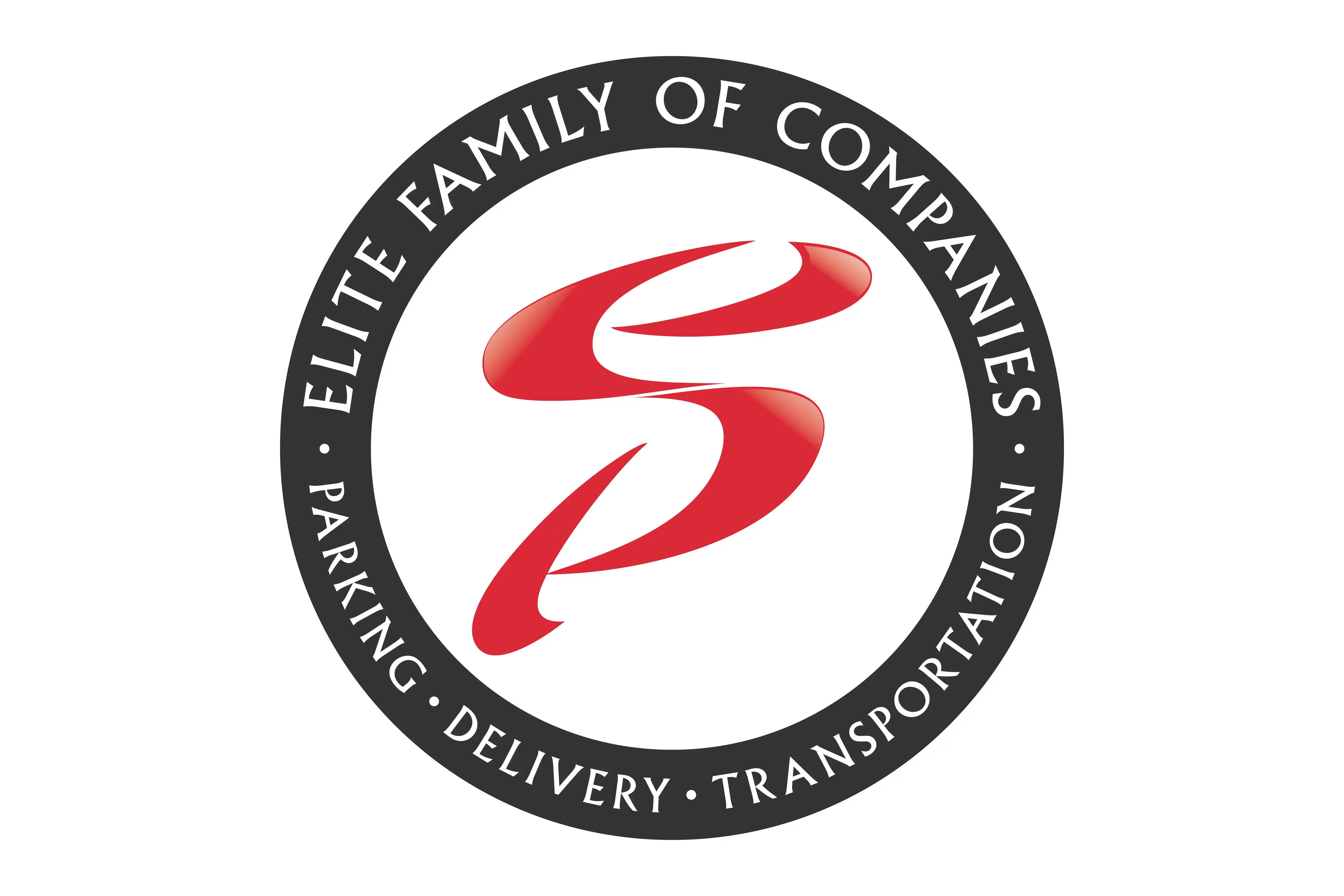Indigenous museum professionals train at Oʻahu landmarks

A new institute that trains Native Hawaiian and Pacific Islanders who work in museums and cultural heritage centers launched this summer.
The four-week cohort, jointly hosted by the Department of American Studies at the University of Hawai‘i at Mānoa and the East-West Center, focuses on museum management, exhibition development, and collections care for institutions, professionals and communities that care for Oceanic collections.
On July 27, institute participants from Hawaiʻi and across the Pacific will participate in a hands-on disaster preparation and salvage workshop at the East-West Center to learn what to do for their museum collections when disaster strikes.
“Within the Pacific region, just in the last ten years (including the COVID-19 crisis), major federal disasters have been declared 24 times,” said Noelle Kahanu, a project manager at the institute. “Millions of ethnographic and archaeological artifacts, art and material culture, archival documents, photographs, sound recordings and moving images are vulnerable.”
The institute began on July 4, with individuals from Hawaiʻi and across the Pacific — including Saipan, American Samoa and the Marshall Islands — participating in various educational tours and workshops such as preservation management, archival storage, gallery deinstall, disaster planning.
The workshops are led by some of Hawaiʻi’s top curators at Bishop Museum, ʻIolani Palace, Hawaiian Mission Houses Historic Site and Archives, the Mayor’s Office of Culture and the Arts, UH Mānoa’s Hamilton Library and Preservation Department and the East-West Center.
Participant Pamela Alconcel is soaking in every ounce of critical ʻike (knowledge) she can to take back to her home island. The Lānaʻi native mentors youth at the Lānai Culture & Heritage Center, where she helps keiki explore the rich history and significant sites of the island.
Alconcel will be taking on a big project this year as her team works to digitize archival collections to make it widely accessible to the community.
“To be able to collaborate and learn from others from the Pacific region, the expertise of those from the museum studies program and museum personnel has been maikaʻi loa (excellent),” said Alconcel who has also worked for the UH Maui College Lānaʻi Education Center for the past 18 years.
On July 31 participants also will install a collective exhibit at the East-West Center gallery to showcase objects they hand-carried from their home communities. The exhibit will be open to the public from 2 to 3:30 p.m.
The institute was made possible by a $350,000 grant from the National Endowment for the Humanities in 2021 and a partnership between UH Manoa and the East-West Center. Due to the COVID-19 pandemic, the in-person museum institute was postponed and re-envisioned to include a six-month virtual program which began on January 24 and concludes with the in-person portion this summer at the East-West Center.
“This project has exceeded our wildest expectations,” Kahanu said. “We were inspired by an EWC museum institute that occurred in the early 70s, and the National Endowment for the Humanities supported our reinvisioned concept.
“We wanted to move beyond Western best practices and bring in museum experts and cultural leaders who could share their Indigenous perspectives. We wanted to demonstrate how you could care for your collections without a $1,000 vacuum cleaner or how to repair torn documents and maps.”









